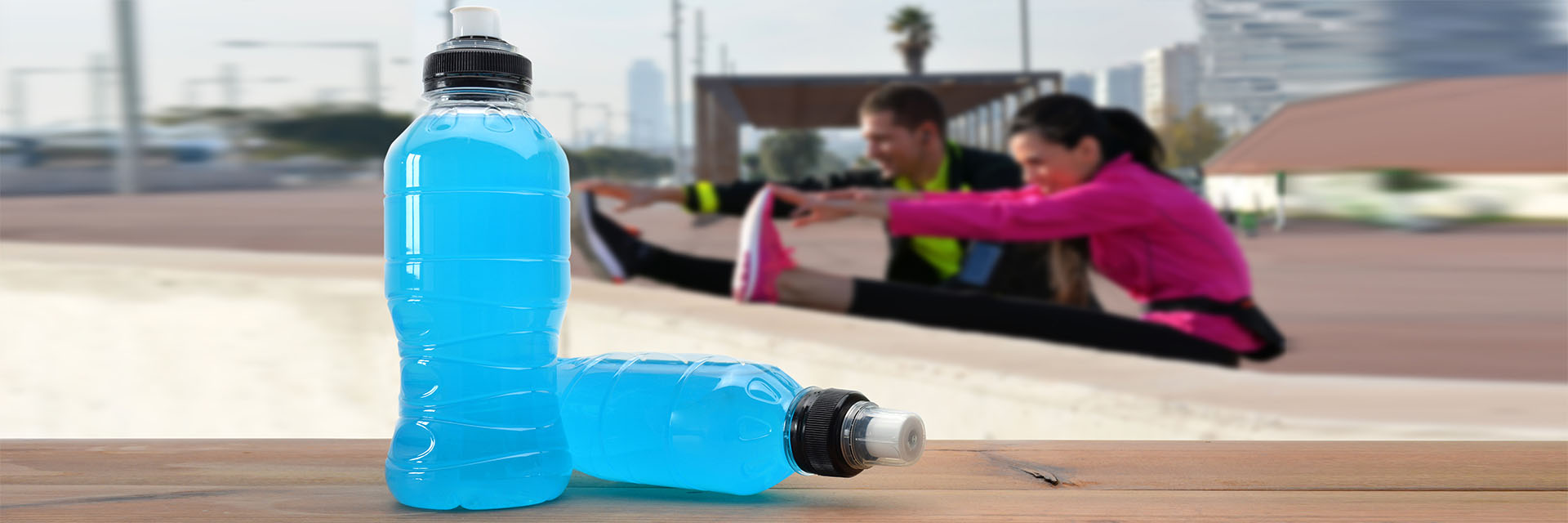You’ve probably seen those brightly colored hydration powders lining the shelves or filling your social media feeds, promising to boost your energy, replenish your electrolytes, and keep you hydrated all day long. But do you really need these mixes? Or is plain water still the best choice?
Let’s break down what’s inside popular electrolyte drink powders, when they might help, and when they might be overkill — or even harmful.
What Are Electrolytes and Why Do They Matter?
Electrolytes are minerals, like sodium, potassium, magnesium, and calcium, that help your body regulate fluid balance, nerve signaling, and muscle function. When you sweat, especially during intense exercise or in the Texas heat, you lose both water and electrolytes. Replenishing them is important for athletes and those recovering from illness, as low electrolyte levels can cause muscle cramps, fatigue, and even more serious symptoms
What’s in Those Hydration Powders?
Most hydration mixes and sports drinks contain:
- Sodium – the main electrolyte lost in sweat
- Potassium, magnesium, calcium – support muscle and nerve function
- Sugar – for quick energy and to help absorption
- Flavorings and sometimes artificial additives
The concentration of these ingredients can vary widely. Some products are loaded with sugar and sodium, sometimes more than you need. Others use artificial sweeteners or colors.
Why Chronic Dehydration is a Big Problem
It’s estimated that 75% of Americans may suffer from chronic dehydration. Staying well-hydrated can significantly improve the way you feel. Dehydration can lead to weight gain, muscle cramping, nausea, dry skin, and fatigue. Being constantly dehydrated can also lead to kidney issues and make migraines worse.
Mild dehydration is no better since it may also affect your lifestyle. According to a study published in Self Magazine, exercising while slightly dehydrated can reduce your endurance. Also, mild dehydration can affect your cognitive function, performance on memory-related tasks, and disrupt your mood.
When Electrolyte Drink Mixes Can Help
If you’re engaging in intense exercise, especially in hot weather, or dealing with an illness like vomiting or diarrhea, you’re losing more than just water, you’re losing electrolytes, too. In these cases, replacing those minerals is important to avoid dehydration and maintain your body’s balance.
For example, the American College of Sports Medicine recommends consuming electrolyte drinks during exercise lasting longer than 60 minutes to help replace sodium and prevent cramping or hyponatremia (low blood sodium).
Also, if you’re sweating a lot or have been ill, a hydration mix can speed recovery.
When Plain Water Is Still the Gold Standard
For the average person going about their daily routine or doing light or moderate activity, plain water is usually all you need to stay hydrated. Your diet naturally provides many electrolytes through foods like fruits, vegetables, dairy, and nuts.
Overusing electrolyte drinks can actually cause problems:
- Excess sodium can raise blood pressure and strain your kidneys, especially if you already get enough from your diet.
- Added sugars — sometimes up to 20 grams or more per serving — can contribute to weight gain and dental problems.
- Artificial additives may not be ideal for everyone.
Additionally, you may have heard that too many electrolyte drinks can increase your risk for kidney stones — and there’s some truth to that. Drinks high in sodium can cause your kidneys to excrete more calcium into your urine, which is a risk factor for developing certain types of kidney stones, especially if you’re already prone to them.
For most healthy people using electrolyte drinks occasionally, this isn’t a major concern, but regular, excessive use, especially if you aren’t very active, might put extra strain on your kidneys. Water, on the other hand, helps dilute minerals in your urine and is protective against kidney stones.
If you’re just going for a walk, working at your desk, or doing a short workout, stick with water — it’s calorie-free, widely available, and perfectly effective for hydration.
Tips for Staying Hydrated Smartly
- Drink water consistently throughout the day, not just when you’re thirsty.
- Use electrolyte drinks primarily during or after intense exercise, hot days, or illness.
- Balance your diet to include foods rich in natural electrolytes.
- Read ingredient labels carefully to avoid extra sugars or unnecessary additives.
So, Do You Really Need an Electrolyte Drink?
Electrolyte drink mixes have their place — especially when you need to replace minerals lost through heavy sweating or illness. But for most people, plain water remains the best way to stay hydrated daily.
Staying well hydrated supports your energy, focus, and overall health, so whatever your hydration strategy, make sure it fits your lifestyle and health needs.
Sources:
- American College of Sports Medicine, Exercise and Fluid Replacement, 2022
- Centers for Disease Control and Prevention (CDC), Water & Nutrition, 2023

